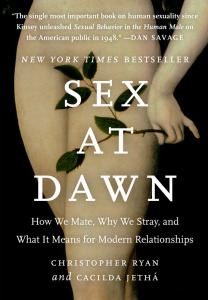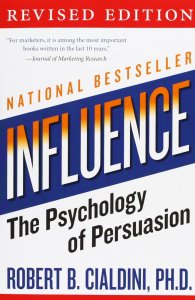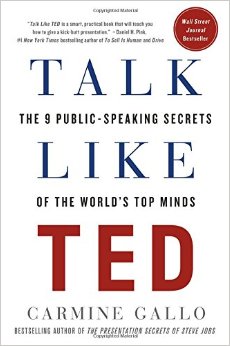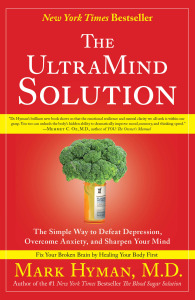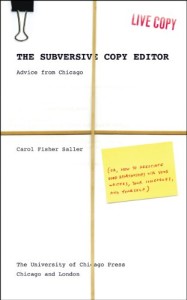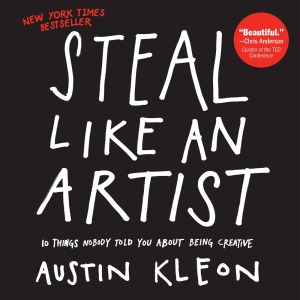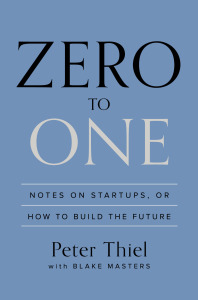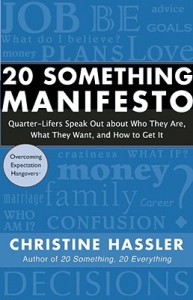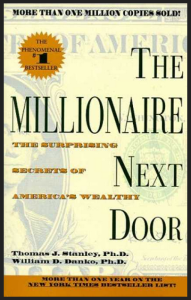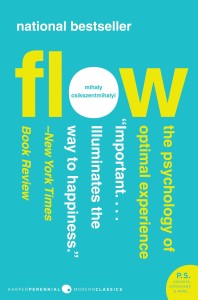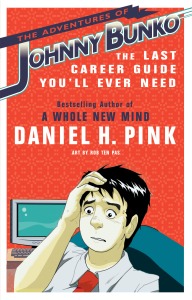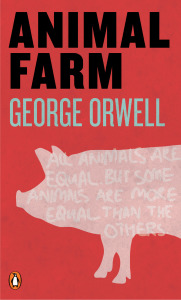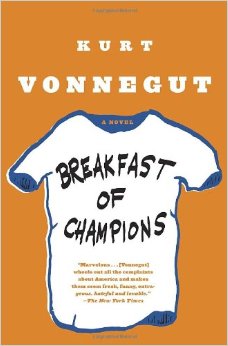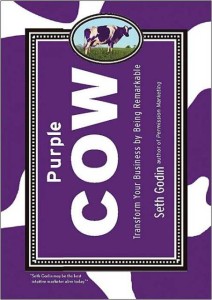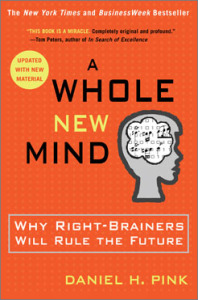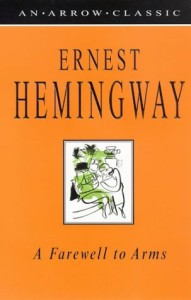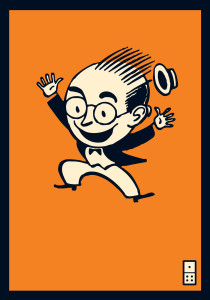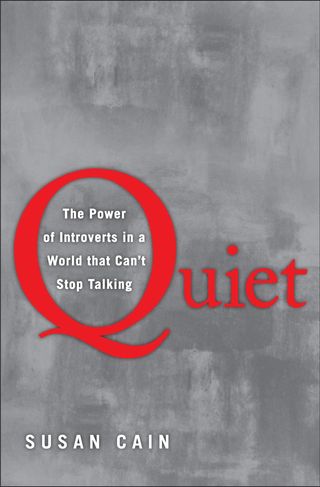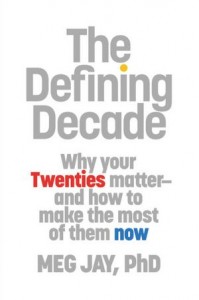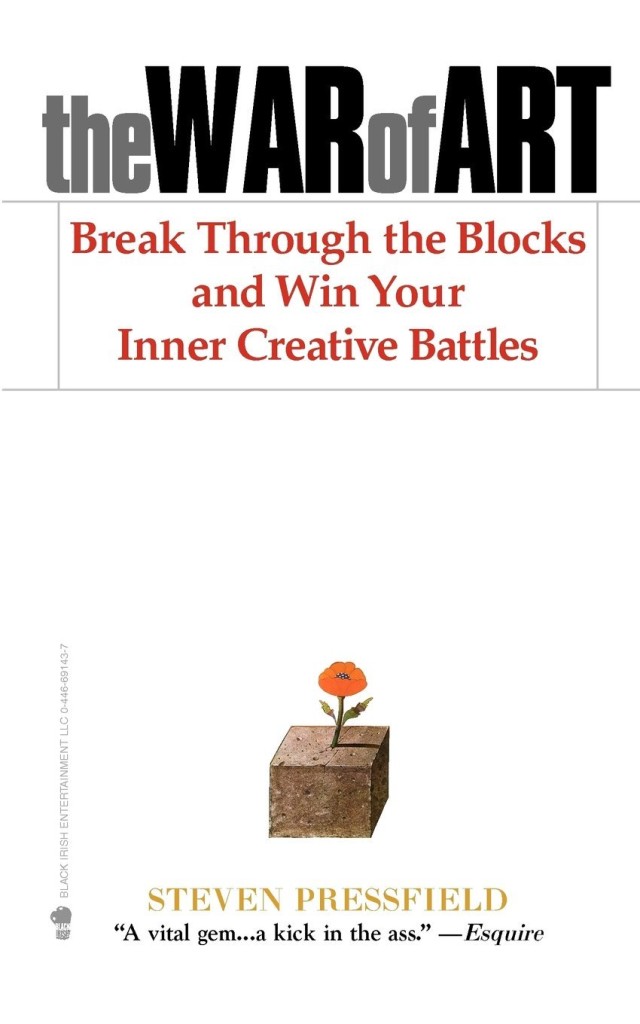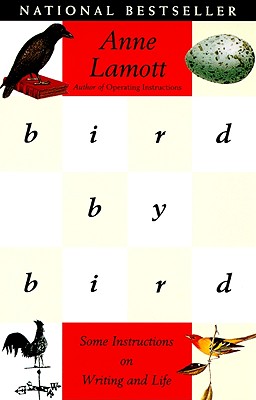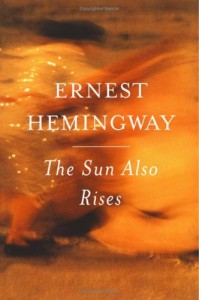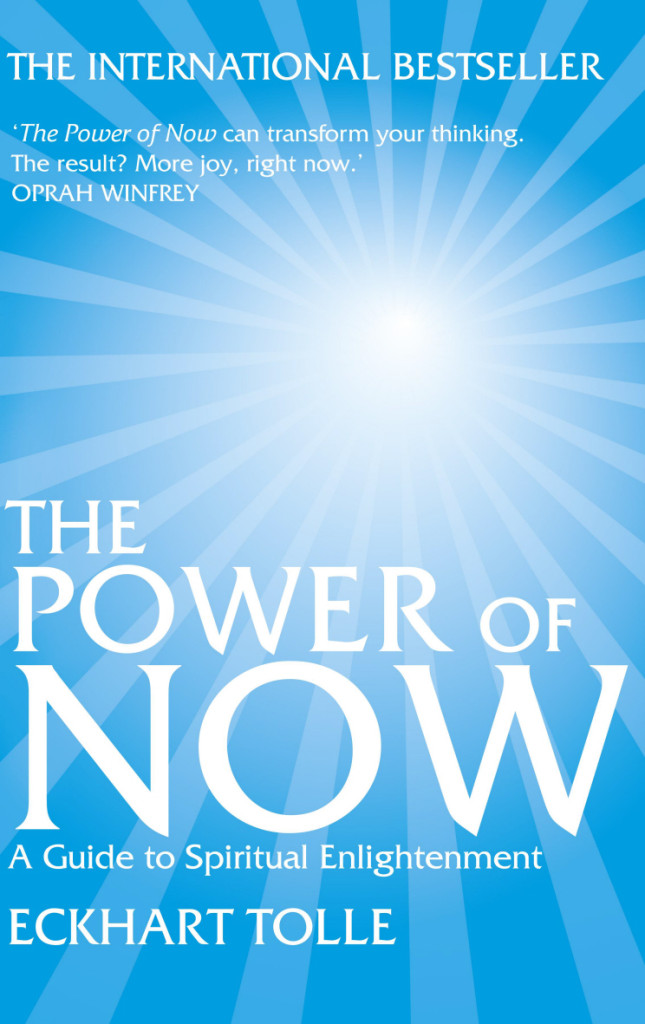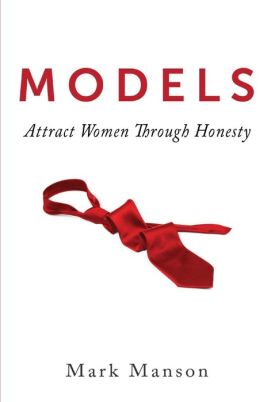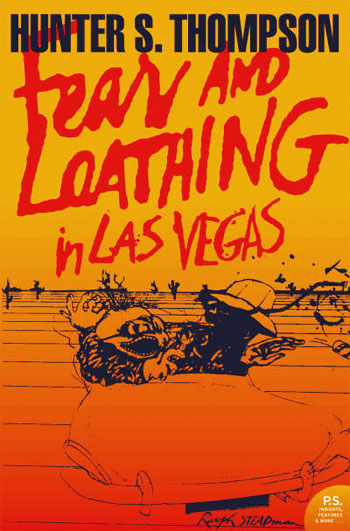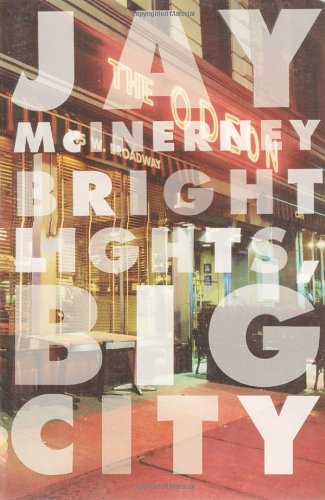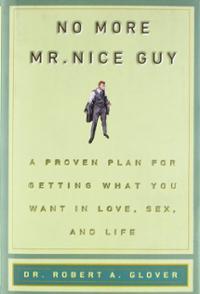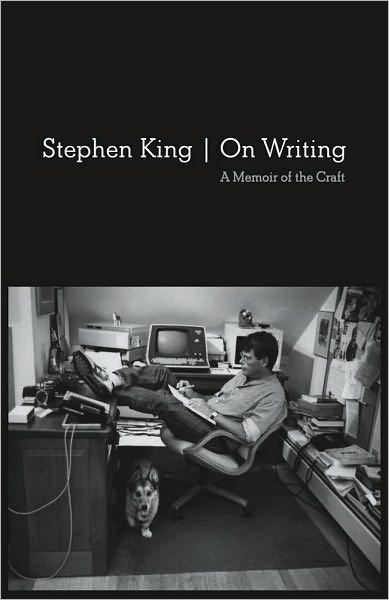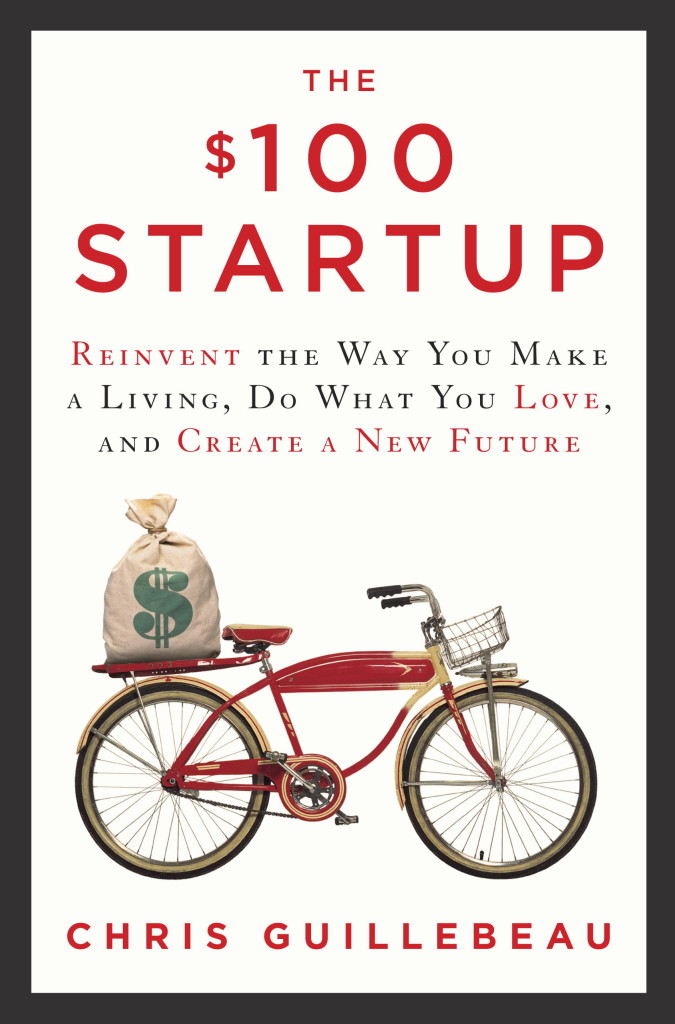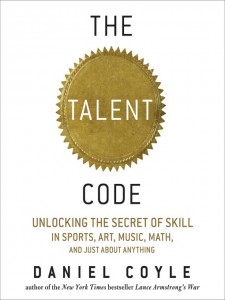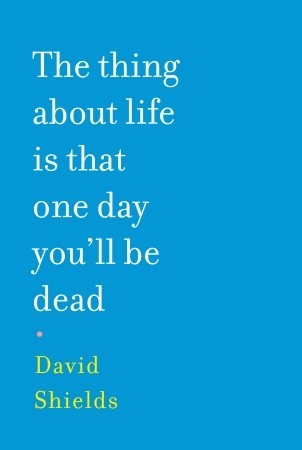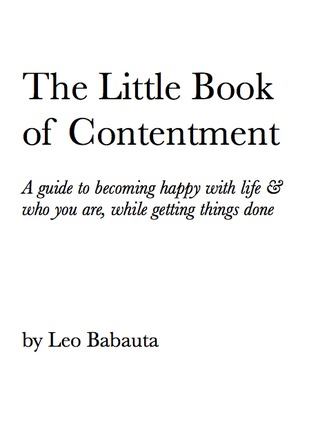“If you don’t have the confidence to ask, you will never have the confidence to convince.”
–Amit Kalantri
—
Applying for jobs is like a role-playing game.
It feels colossal, never-ending, overly-complicated, and while you may know some of the rules, ultimately in the end you are at the mercy of a faceless (and sometimes seemingly unfair) “dungeon master” who decides if you meet enough of the secret criteria in order to win the privilege of advancing into the next room.
And perhaps the biggest “injustice” of the game is that you could be the perfect person for the next room in every way, but for a variety of reasons (you don’t live close enough to the room, you get lost in the crowd of all the other people wanting to get into the room, they don’t like how your character’s name sounds), you could never be given real consideration.
But like all good games, this is one that can be cheated hacked, freeing you to advance to the next level more than one way.
—
Someone once told me “very few people get their jobs through ‘orthodox’ means,” as in, just applying for a job through an online form, then waiting around for a call or an email. Typically you know someone, know someone who knows someone, or have done something else outside the status quo as a way to “stand out” or otherwise connect with the person calling the hiring shots.
So what if you could manufacture your own connection and possibly turn it into a job interview (with no brown envelopes involved)?
Would you be willing to pay the price of a cup of coffee for it?
I can’t guarantee that the following will work, only that 1) you will stand out; 2) it has worked for me in the past; and 3) there’s virtually no downside to trying.
How To Buy A Job Interview For $3
After tireless searching in your blogger slacks or during working hours at your current job, you have found and applied for your dream position. But with no contacts within the organization, what else can you do to secure yourself an interview? Ask for one.
If you can, figure out who would be your manager or boss if you were to land the position. Often, this person is listed within the job description itself. A staff directory on the website or even LinkedIn can also be great places to figure out managerial hierarchy.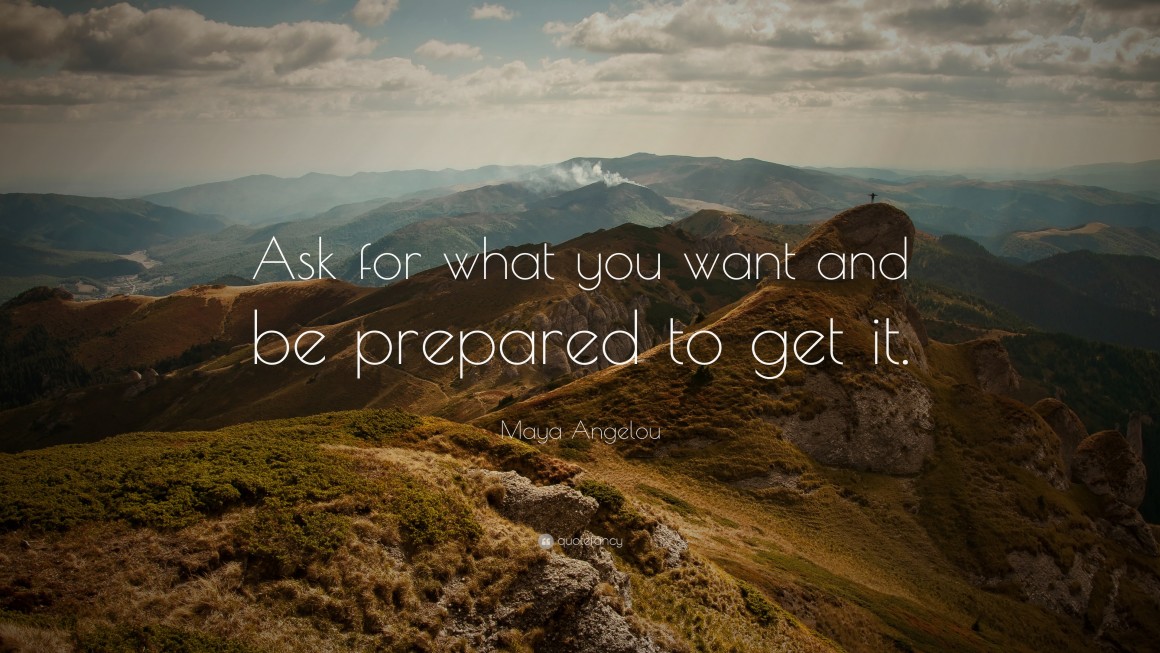
If that’s not doable, see if you can find an email for a member of HR. Larger companies are obviously going to have larger departments—in those cases maybe don’t shoot for the head HR honcho, but possibly someone on the lower end of the food chain that could possibly be one of the first to review incoming applications.
Whoever’s email you can get your hands on, they will be your point of contact for your ask. Even if you ‘miss’ and your email ends up with someone that has nothing to do with hiring for your desired position, chances are it will still get forwarded along to the appropriate party.
The Ask
So while this is a ‘cold’ email, it’s language needn’t be also.
Using a warm and friendly (yet professional) tone, construct an email that:
1. Expresses who you are, that you applied to X position with heavy interest, and briefly (this should not be cover letter part deux) state why you think you’d be a great fit for the position.
2. Acknowledges what you are doing is a little unconventional.
3. Includes an offer to buy the person a cup coffee for the chance to introduce yourself and talk about the job for 20 minutes. Give a range of specific days and times that could work.
4. Acknowledges again your understanding that these things typically have procedures that need to be followed, and that you understand if such a meeting isn’t possible for whatever reason.
So following these guidelines, our breezy email could look something like:
(I advise not copying this text directly for the same reason I screenshotted it—to keep it off search engines and not relegate it to being a standard yet ultimately meaningless practice akin to post-interview thank you notes)
Why It Can Work
There are a few things engineered into this type of request:
It shows confidence and “realness”: By being straightforward, self-aware, and acknowledging that what you are doing is unconventional, it not only shows that you are a bold person, but more importantly a bold person with tact. And emotional intelligence is all the rage in hiring circles these days.
…but you are showing all that, not saying it: thus exuding more about your character than you could likely ever communicate on a resume or cover letter.
You gave a time frame: Twenty minutes is nothing. Everyone has 20 minutes for something, even if it’s enduring someone talking about themselves, in our case. The pressure is off the other person, knowing that if the conversation is a total tire fire they can escape before they even finish their coffee. If you are really bold/confident/desperate, reduce your proposal to 10 or 15 minutes. And going back to point number one, it displays empathy toward their valuable time.
There’s value in it for them (besides free coffee): Sub-communicated through all this is the possibility of saving HR a fair amount of time and paperwork: if they don’t like you over coffee, then they probably won’t bring you in for an interview.
And, in my corporate experience, everyone is always looking for an excuse to escape the office for a coffee meeting.
How I Did This Successfully (With A Small White Lie) To Land My Last Job
Flash back to January 2013—after my New York internship I was living again at my parents house, working weddings at a country club, barista-ing early mornings, and doing pro bono social media work for an upstart brewpub. I had just written and published How To Get A Job In Sports PR and was still riding that first self-publishing high, waiting for the riches to roll in, $1.99 at a time.
In other words, I was in career purgatory, dragging my feet about doing the inevitable and going to work in an office again, at least for a little while.
Soon after, I received an email from an NYC friend that had recently landed a job in Colorado. Knowing me too well, he prefaced his letter with something like “I know you don’t necessarily want to work in sports anymore, but take a look at this opening we have…I think it sounds like you.”
Setting aside my cubicle prejudices for a moment, I took a look and he was right. It was an opportunity to both do things I enjoy and to develop additional skills (like public speaking), as well as a chance to live someplace that seemed like it was the median of Ohio and New York City. Ready for any kind of out from my parents’ house (and to a place where a good friend already lived), I was all in.
However, not having an in-state zip code on my resume, I was worried I would be overlooked for more local candidates if I just applied through traditional means (something that I found out later is usually the case) and relied on my friend’s recommendation (since he was still new at the organization).
That’s when some good (albeit unconventional) advice and fortune fell into my lap.
My brother happened to have a spare airline buddy pass that needed to be used, and he also suggested the following:
Send your would-be boss a follow up email about your application, and say it just so happens that you’re actually going to be in town for a week visiting some people. Offer to just buy them a cup of coffee if they’re willing to just sit down for 20 minutes and chat about the job. If they say yes, book your ticket, fly out there, have fun with your friend, and kick ass at the interview. 
Lo and behold, the response I got was something akin to: “Well since you are going to be in town, let’s just go ahead and bring you in for an interview.”
While I was far from the most qualified person for the job on paper, I guess they liked the passion, interest, and potential that I put forth in the interview, and I got the position. This is entirely speculatory, but it’s possible that my coffee email communicated these things too, albeit in a very minute way.
A lot of cogs admittedly need to fall into place for this to work (I would not have been able to afford a short-notice, cross-country plane ticket without the buddy pass, and I would have been screwed if my future boss tried to change times on me at the last minute), but the upside was tremendous and the downside practically non-existent.
Disclaimers, Stipulations, And Other Things To Keep In Mind
This obviously won’t work if your experience is completely irrelevant to the job or you are extremely under-qualified: it’s not a magic bullet that will gloss over any flaws or holes that exist on your resume or cover letter (assuming you actually included the latter and it didn’t suck). But if you do get the yes, prepare for it like an actual interview. For all intents and purposes, it is. Dress respectably, do your research about the position and the company, bring questions and a spare resume.
More often than not, the smaller the company, the more casual and open-minded they are likely to be about a request like this. Hell, if it’s a startup you are applying for, they might just have you drop by a coffee shop or co-working space they normally work from anyway.
Regardless, the easier you make this potential meeting for them to carry out, the harder it will be to say no to. Offer up a wide (yet specific) range of dates and times. If you get a yes, they may just instruct you on where to meet, but if not, be sure to pick a place near their office.
Finally, if you are looking to do this for a non-local job (as I did) you could potentially be buying an expensive plane ticket on extremely short notice if you don’t have passes or points to spare. Being at least a little comfortable with half-lying about your plans while you are in town is also somewhat of a pre-requisite (in my defense I probably would have used the buddy pass to visit my friend anyway).
And oh yeah, actually pay for their coffee.
And If It Doesn’t Work
I literally can’t think of a drawback to trying this (other than spending a lot of money in the long-distance scenario).
Ultimately—and if this sounds too millenial-ese, I don’t care—if an employer would rule you out for trying something unconventional and ‘outside the box’ (how ironic is it that that’s a cliche in itself now?), that’s probably a workplace with very antiquated rules and attitudes, and you are better off not wasting your time pursuing employment with them.
And really, you’d just be right back where you started. Searching for a job, attempting to stand out, and trying get yourself into that room.


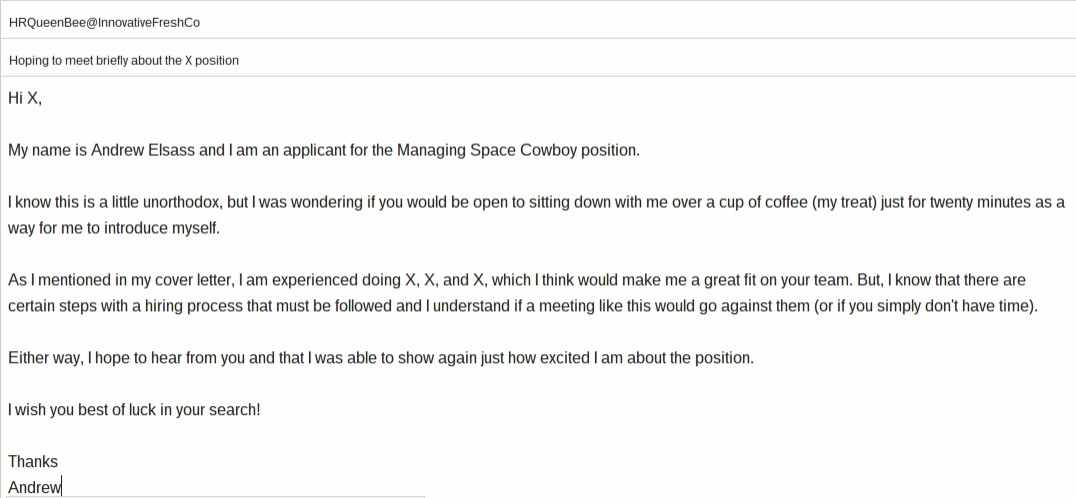

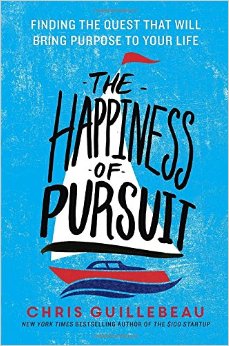 . What people say about an adventure or quest that involves perceived risk:
. What people say about an adventure or quest that involves perceived risk: